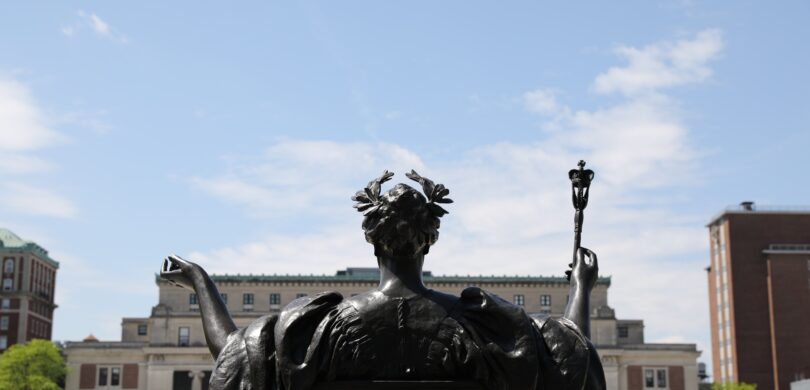In November of 2022, Plural research fellow Samantha Caracciolo gave a presentation to the Black Education Research Center at the Columbia University Teachers College. In her presentation, Samantha contextualized critical race theory and the backlash against it, providing detailed information on new legislation impacting race and education using Plural’s legislative data.
What is Critical Race Theory?
According to the Legal Defense Fund, Critical Race Theory (CRT) is “an academic and legal framework that denotes that systemic racism is part of American society — from education and housing to employment and healthcare. Critical Race Theory recognizes that racism is more than the result of individual bias and prejudice. It is embedded in laws, policies and institutions that uphold and reproduce racial inequalities.”
Laws Addressing Critical Race Theory
Three main trends are being seen across the country:
- CRT is being prohibited from being taught in public educational institutions.
- Books discussing race, racism, discrimination, and CRT are being banned.
- An emphasis has been placed on the alleged psychological distress that being taught CRT causes. As such, legal action is encouraged.
Positive legislation refers to legislation supporting communities of color and increasing race-related content in curricula.
Negative legislation refers to legislation that harms communities of color and decreases race-related content in curricula.


